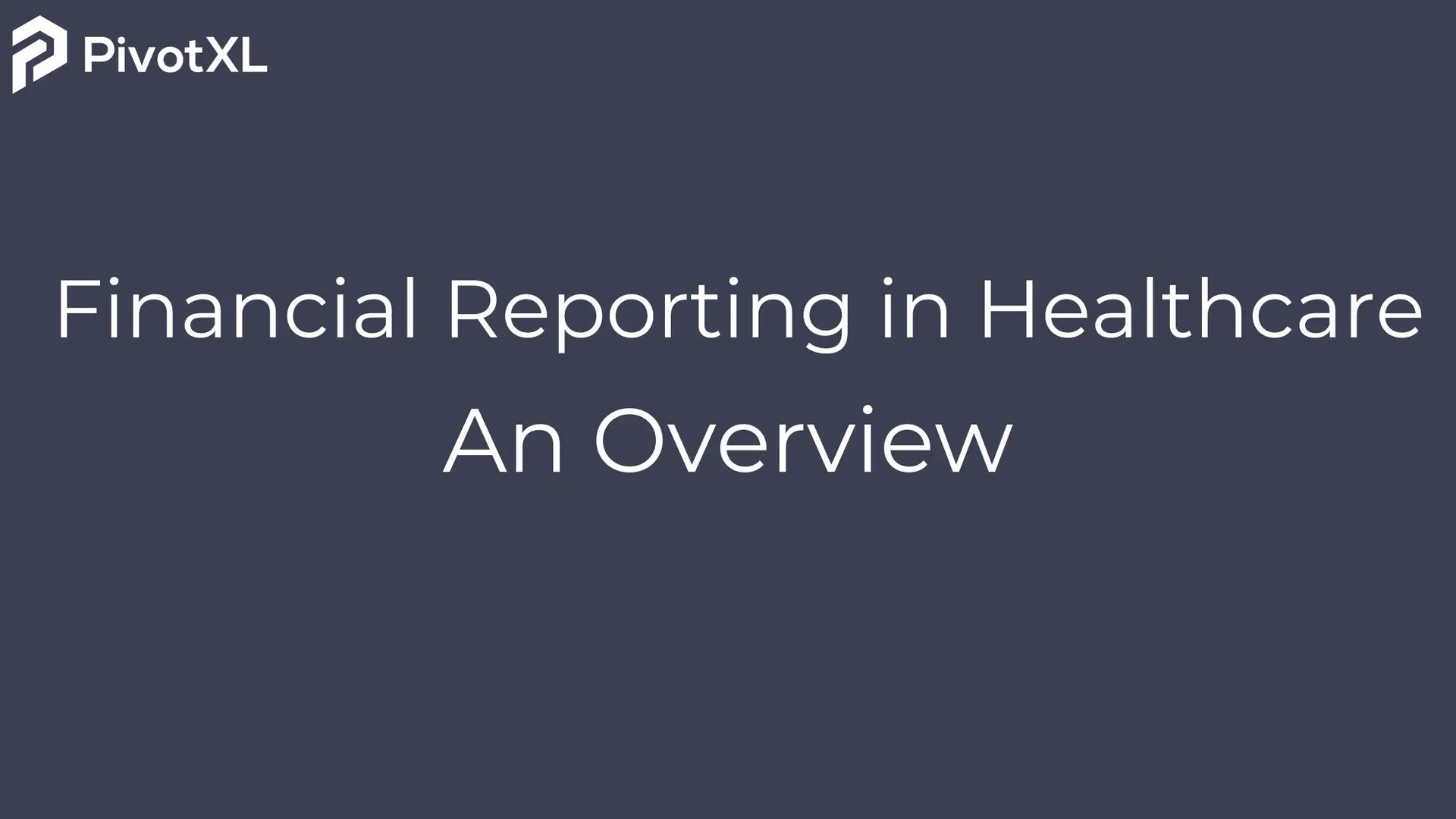Financial reporting is crucial in healthcare. It ensures smooth operations in hospitals, clinics, and private practices. By tracking finances, healthcare organizations can provide better care, maintain profitability, and stay compliant with regulations. This post will explore the importance of financial reporting and how it benefits healthcare organizations.
Why Financial Reporting Matters in Healthcare?
In healthcare, financial reporting helps in strategic planning, operations management, and performance evaluation. It tracks revenue, expenses, and financial health. Moreover, it supports decision-making, budget management, and regulatory compliance. Without clear financial insights, healthcare organizations would struggle to make informed decisions.
1. Tracking Revenue and Expenses
Financial reports show where money comes from and where it goes. They help organizations understand patient services, insurance reimbursements, and other sources of income. Reports also outline expenses like salaries, supplies, and equipment. This visibility helps healthcare managers allocate resources efficiently.
2. Improving Budgeting and Forecasting
Accurate financial reporting aids in creating realistic budgets and forecasts. With reliable data, healthcare organizations can plan for the future. They can manage cash flow, ensure daily operations run smoothly, and prepare for growth. This helps avoid financial shortages and supports long-term success.
3. Enhancing Decision-Making
Financial reports provide essential data for decision-making. Healthcare executives rely on these reports to allocate funding, assess the profitability of services, and analyze patient care costs. Informed decisions drive efficiency and improve patient outcomes. Ultimately, they help align financial decisions with organizational goals.
4. Ensuring Compliance with Regulations
The healthcare industry is highly regulated. Accurate financial reporting helps organizations comply with laws like HIPAA and ACA. Failing to meet these standards can result in penalties or loss of accreditation. Hence, financial reports ensure that healthcare organizations avoid legal complications and stay in good standing.
5. Supporting Financial Transparency
Transparency is crucial for trust-building. Financial reporting ensures that stakeholders—patients, employees, investors, and regulators—understand the organization’s financial situation. Clear, accurate reports signal responsible management, which strengthens the organization’s reputation and fosters confidence.
Key Components of Financial Reportings in Healthcare
Healthcare financial reports typically include the following key components:
- Income Statement: This shows the organization’s revenue, expenses, and profits over a specific period. It helps assess overall financial health.
- Balance Sheet: This report outlines the organization’s assets, liabilities, and equity at a specific time. It provides a snapshot of financial stability.
- Cash Flow Statement: The cash flow statement tracks cash inflow and outflow. It ensures the organization has enough cash to cover operational costs and invest in growth.
- Cost Reports: These reports outline direct and indirect costs related to healthcare services. Understanding costs allows for better resource allocation and financial efficiency.
- Key Performance Indicators (KPIs): KPIs like operating margins, cost per patient, and reimbursement rates offer insights into financial performance and operational efficiency.
How Financial Reporting Improves Operational Efficiency
Effective financial reporting provides more than just an overview of financial performance. It improves operational efficiency by:
- Identifying Wasteful Spending: Financial reports reveal areas where resources are underutilized or misallocated. This helps healthcare organizations reduce waste and improve efficiency.
- Optimizing Pricing Strategies: Comparing revenue with industry benchmarks helps organizations adjust pricing for services.
- Enhancing Resource Allocation: Reports enable administrators to allocate funds where they are most needed, ensuring critical departments receive support.
The Role of Technology in Financial Reporting
Technology has transformed financial reporting in healthcare. Software tools and enterprise resource planning (ERP) systems streamline data collection and analysis. Real-time data allows for better decision-making and reduces errors. Automation tools save time and improve accuracy. Additionally, cloud-based platforms provide secure, remote access to financial reports.
Conclusion
In conclusion, financial reporting is essential for healthcare organizations. It helps manage finances, track performance, and ensure compliance. By leveraging accurate and timely financial reports, healthcare administrators can make informed decisions, improve operational efficiency, and secure the future of their organizations.




